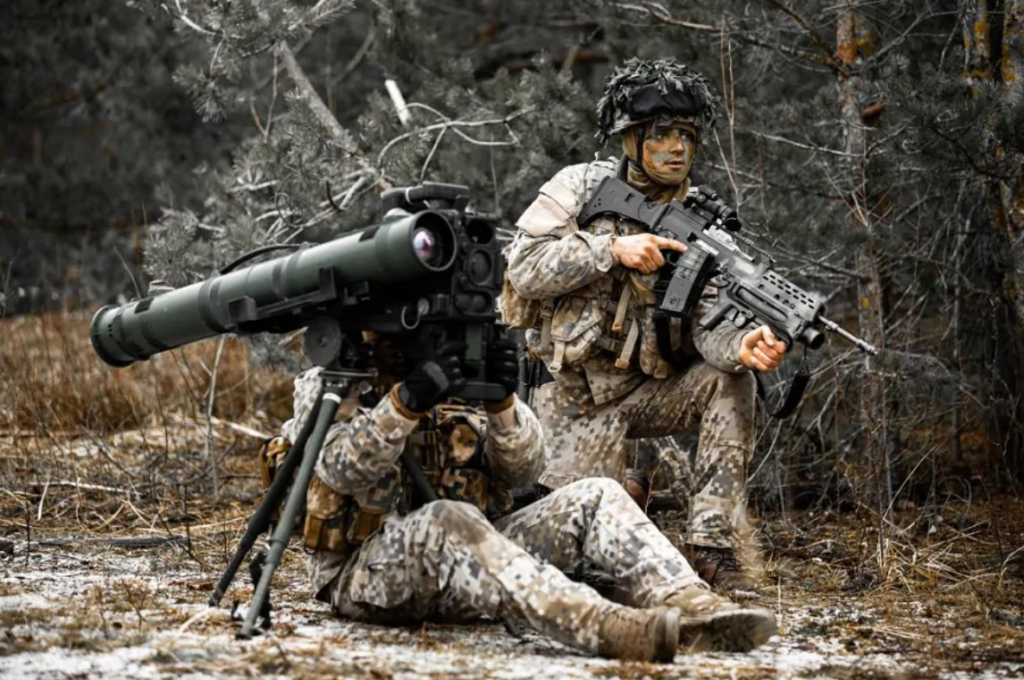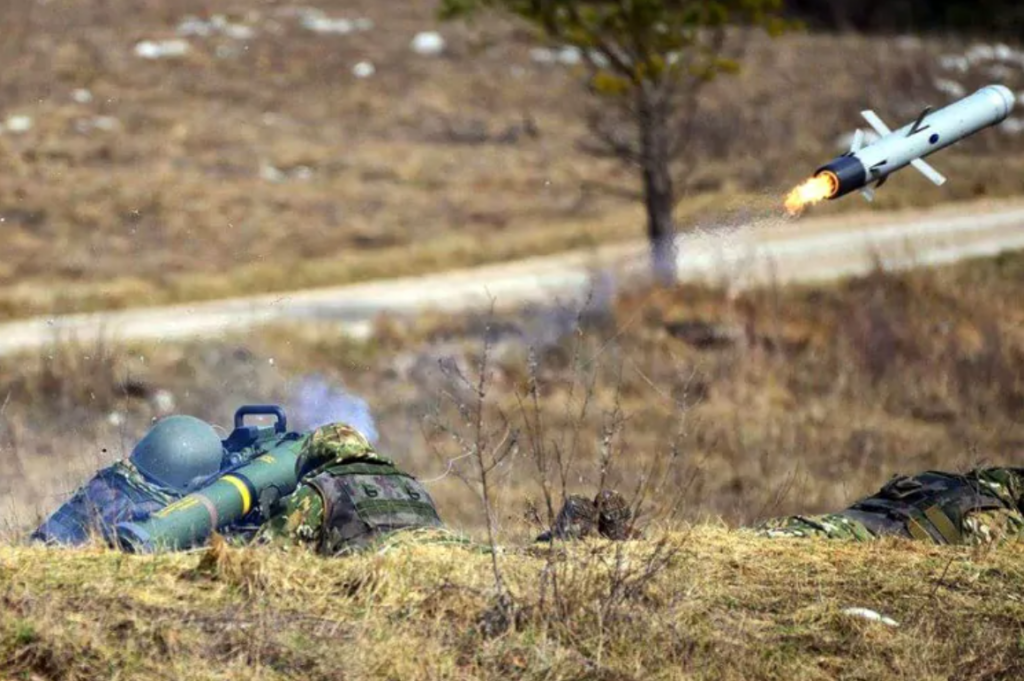Germany Will Procure €2 Billion-worth of Spike Anti-Tank Missiles
Germany’s defense ministry announced on 21 October, that it will spend about €2 billion to buy Spike anti-tank missiles. The purchase is part of a wider effort to modernize the Bundeswehr and rebuild stocks after many weapons were sent to Ukraine. It is funded by Germany’s €100 billion armed forces modernization program. This is by far Germany’s largest Spike order so far, reflecting a push to replenish anti-armor capability after years of under-investment.
The missiles will be supplied through EuroSpike, a European joint venture that includes Rafael (20 % stake) and German firms Rheinmetall and Diehl (40 % each). EuroSpike manages Spike missile production in Europe, and the work will take place at its German facilities. Germany structured the contract as a multi-year NATO-supported framework—essentially using NATO’s procurement agency (NSPA) to handle the deal with EuroSpike. EuroSpike’s mostly German ownership helped Berlin move ahead even after it briefly imposed an arms embargo on Israel earlier in 2025.

The package reportedly includes thousands of Spike missiles (in the latest LR2 and ER2 versions) along with launchers, training kits and support equipment. Spike LR2 is a fifth-generation, fiber-optic guided missile with a ground range of about 5.5 km (up to 10 km if fired from a helicopter) and the ER2 variant can reach targets around 10 km away. These missiles are “fire-and-forget” weapons with electro-optical guidance and a top-attack profile, making them lethal against modern tanks and bunkers. The German Army already uses Spike (locally known as MELLS) on infantry tripods and armored vehicles, such as the Puma infantry fighting vehicle, and this new order will extend that capability across its forces.
Rafael Advanced Defense Systems is Israel’s premier defense firm, and the Spike family is its flagship anti-tank missile system. Spike missiles are exported to over 40 countries (about half are NATO members). They come in several versions: a shoulder-fired short-range (SR) model, a medium-range (MR) version, the long-range LR and LR2 (used by Germany), and even a much longer NLOS variant. The system is combat-proven in many theaters. For Germany, wider adoption Spike adds a standard weapon shared by many allies, easing joint operations and ammunition sharing.
The deal deepens German-Israeli defense ties at a sensitive time. Germany is Israel’s second-biggest arms customer after the US. Germany has ensured a steady flow of deliveries of modern anti-armor missiles in the coming years by locking in a long-term contract. This strengthens NATO’s eastern flank defenses and stabilizes supply chains amid high demand, while rebuilding stocks consumed by training and Ukraine aid.

